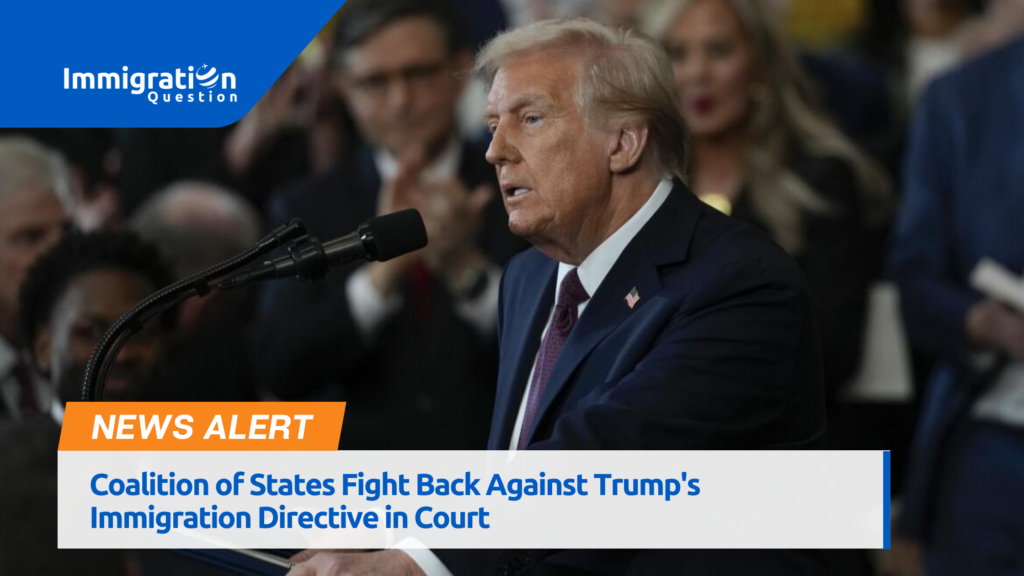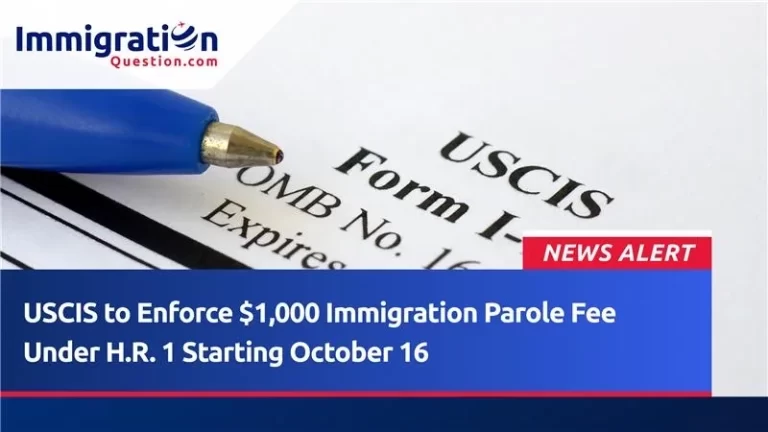A coalition of Democratic-led states, alongside the District of Columbia and San Francisco, filed a federal lawsuit in Massachusetts, contesting the legality of former President Donald Trump’s executive order aimed at restricting birthright citizenship. Spearheaded by New Jersey, the coalition argues that the executive order contradicts the 14th Amendment of the U.S. Constitution, which guarantees citizenship to anyone born in the United States and subject to its jurisdiction.
The states contend that Trump lacks the authority to alter constitutional provisions or statutes that define citizenship. According to the lawsuit, the executive order infringes on longstanding constitutional protections, challenging principles that have guided the U.S. for over 150 years.
Scope of the Executive Order
The executive order, set to take effect within 30 days, targets specific groups. It aims to deny birthright citizenship to children born to mothers who are unlawfully present in the U.S. and whose fathers are not U.S. citizens or lawful permanent residents. Additionally, it applies to children born to mothers temporarily in the country, such as those on tourist, work, or student visas.
The coalition of states alleges that this directive is part of Trump’s broader agenda to deter immigration. However, they maintain that neither the president nor Congress can use citizenship policy as a tool to address immigration concerns, as this violates the Constitution.
Legal and Financial Implications
The lawsuit emphasizes that for over a century, both the judicial and executive branches have upheld that the 14th Amendment guarantees citizenship to all children born on U.S. soil. If implemented, the executive order would render affected children stateless and subject to deportation.
A separate lawsuit, filed by Washington, Arizona, Illinois, and Oregon in Washington federal court, underscores additional concerns. Washington Attorney General Nick Brown highlighted the financial ramifications of the order, arguing that it would result in increased state expenses for health and education services due to the loss of federal funding tied to population-based programs.
States’ Unified Opposition
The lawsuits reflect a unified stance from the states, with their respective attorneys general vowing to protect constitutional rights and state resources. New Jersey Attorney General Matthew Platkin stated that the legal challenge sends a strong message that states are prepared to hold the federal government accountable for any unconstitutional actions.
Similarly, Washington’s Attorney General Nick Brown criticized the executive order as illegal and contrary to fundamental American values. He stressed that challenging this policy is vital to preserving the foundational principles of the nation.
Looking Ahead – Coalition of States Fight Back Against Trump’s Immigration Directive in Court
The lawsuits signal the beginning of a protracted legal battle over the executive order’s constitutionality. As the courts deliberate, the outcomes could have far-reaching implications for immigration policy and citizenship rights in the United States. Both cases have the potential to escalate to higher courts, including the U.S. Supreme Court, shaping the future interpretation of the 14th Amendment.
To stay updated and informed, watch our news section or drop your immigration queries on immigration question and get responses from professional attorneys.










